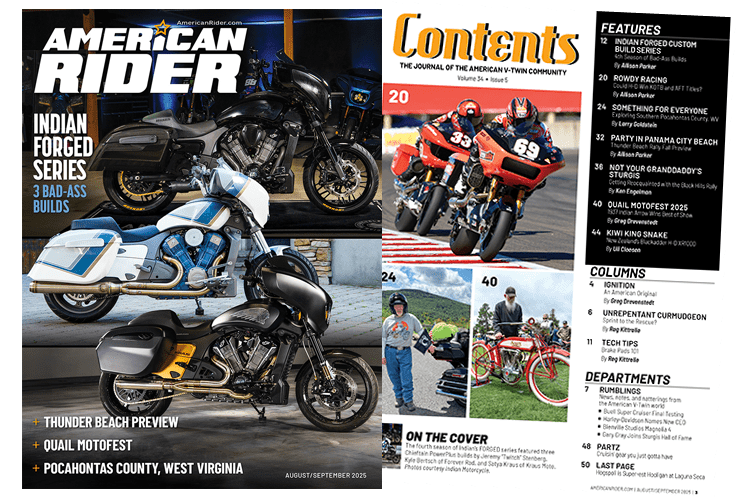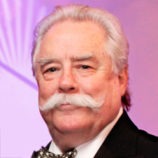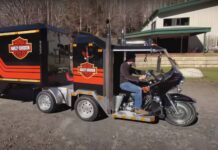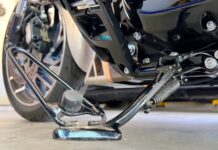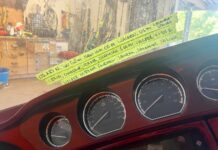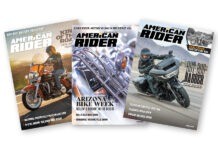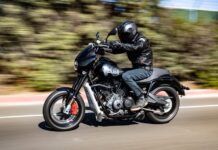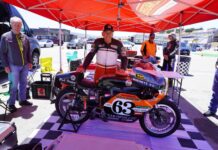“Grandpa, you had horses when you were a kid; why didn’t you ever have horses when you grew up?” Once a month Grandpa took the grandkids to a friend’s ranch, 50 miles out of town so they could play with the goats, chase the chickens, ride the horses, experience a real working ranch and generally run amok and get completely dirty. City kids forget where meat and milk and eggs come from unless you teach them how to milk a cow and collect eggs. Now the grandkids wanted to know why Grandpa left and didn’t stay on the ranch.
“Yeah, we lived on a ranch. But it was a different kind of a ranch. My father, your great-grandfather, raced horses. Do you remember when I took you guys to the racetrack and we watched the harness horse races?”
“Yeah, we remember. That’s the day you lost $2 on a bet.”
“Yep, that was the day. Do you remember there are two kinds of harness horses? Trotters and pacers have a different gait. Remember which is which?”
“Yeah, if both legs on one side move forward at the same time they are pacers and if the left front and the right rear legs move at the same time they are trotters.”
“Correct; very good. Do you also remember about the sulkies and the drivers?”
“Yeah.”
“That’s what my father did. He raced and drove harness horses.”
“Yeah, we remember you telling us about him.”
“Well, when we were not at the ranch, we were at the racetrack. You have to feed, water and exercise racehorses in the morning and muck out their stalls before you go to school. You do the same when you get home from school. Animals don’t care that you want to play baseball with your friends or have to do your homework; they have to be fed and exercised every day. At the ranch we also had a few head of cattle, chickens and rabbits, and taking care of everything was just a lot of hard work. Maybe if I could have ridden the horses and taken them on long rides into the hills I’d have thought of them differently, but these horses were high-strung athletes; you didn’t ride them for pleasure. Racehorses are not pets. They require a lot of work. Anyway, I always liked the ranch, but I got my thrills in a different way. I loved machines.”
“We know, Grandpa. You liked fast motorcycles. You still like fast motorcycles.”
“That’s right. But it doesn’t make any difference what I like. I think it is important that you kids know about animals and the ranch and that is why we come out here to remember what it takes to put food on the table and where meat and eggs come from.”
“We know, Grandpa. We like coming to the ranch.”
“Yeah … you’re good kids.” There was a long pause. “Funny, I was just remembering how much fun it was when I could exercise the trotters on the racetrack. Maybe I told you, maybe I didn’t. When you take a horse out on the track to blow him out, you start slowly on the outside of the track in a clockwise direction. Do that for maybe one lap. If you are going to time the horse over a distance you turn him in and drop down on the rail in a counter-clockwise direction between turn 2 and turn 1. You cluck at him a couple of times; give him a pop with the whip. Then you’d better be holding on firm and have your feet tight in the sulky because pointed in that direction they know what they are doing. When they take off like a dragster, the sulky will jump a foot off the ground. You’re just along for the ride. The best you can do is point them. Dad always said it was the most exciting thing in the world and worth all the work.”
“We like riding the horses, Grandpa, but it is a little scary when they really take off.”
“With real racehorses that’s what they’re supposed to be, a little scary. Anyway, when I started riding motorcycles it was the first time I felt the same thing on a machine. You could point a bike down the track twist the throttle and go like hell. It really felt like being on a sulky with the reins in your hands. I loved it, but Dad didn’t understand machines. He said it was life itself to be behind a live animal, something that could jump out of its own skin, be spooky as hell and move like the wind. Holding the reins with the tail in his face he was happy and alive. He never understood how I could get the same feeling from a dead machine.”
“Did Great-Grandpa ever ride a motorcycle?”
“Not for a very long time. I went away to school and then got a job when he was racing all over the country. We didn’t see each other for several years. When we did, I showed up on a new Harley-Davidson motorcycle. He started in on me about spending too much money on a dead machine, but finally I got him to take a ride as a passenger. I remember the route I took. We went up into the mountains. From that time on he understood how alive a machine could be.”
The grandkids had ridden motorcycles many times and knew what Grandpa was talking about.
“It was funny; he liked it so much that Great-Grandpa even bought one of those little Hondas that had the fold-up handlebars. He could ride it around the backstretch at the track, go to the furrier, the vet and the steward’s office and it saved him a lot of steps. He also liked showing off on it. When he moved from track to track he just folded in the handlebars and rolled the little bike in a spare stall in the horse trailer. He joked about being a biker and even painted a sign on the side of the trailer. After his name it said, ‘Racehorse owner-trainer—driver and motorcyclist.’”
The grandkids smiled. They had heard the story before.
“OK, here we are. Get your hats and boots on, stay out of trouble; don’t get kicked by the bull and if you have to chase something, chase the chickens!”

